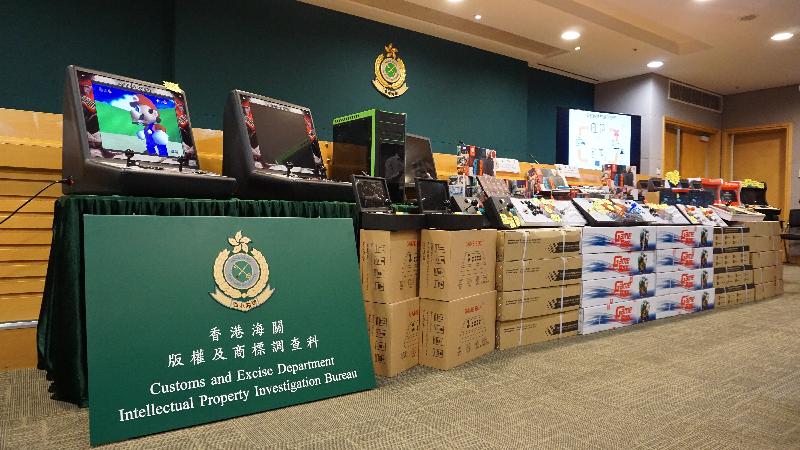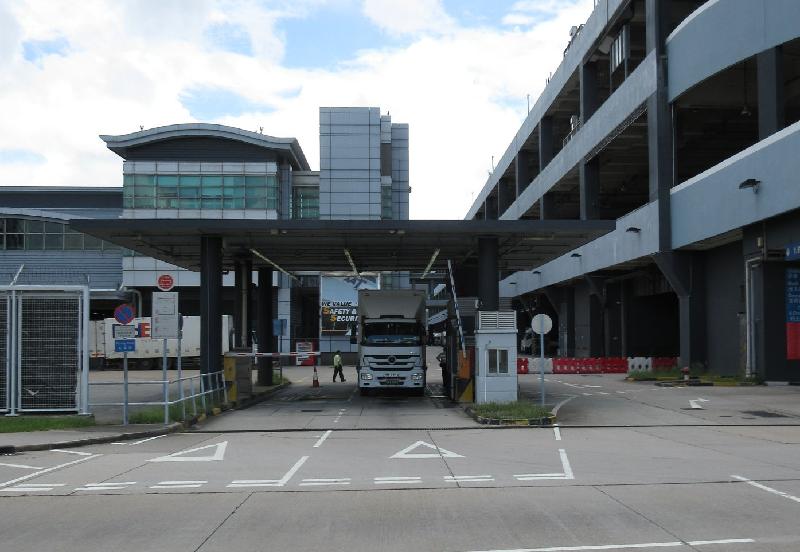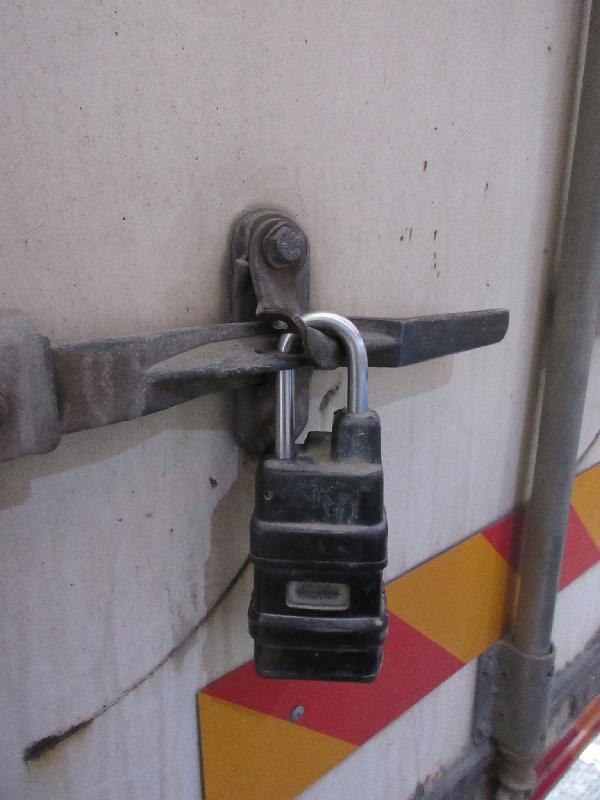Sheung Shui Slaughterhouse to resume operation with new slaughtering arrangement
Sheung Shui Slaughterhouse (SSSH) will resume operation tomorrow (June 6) to provide slaughtering services, following the completion of comprehensive cleansing and disinfection of the slaughterhouse today (June 5).
To strengthen the prevention of African Swine Fever (ASF) at local level, the Government has reached a consensus with the live pig trade to start imposing a daily clearance arrangement upon reopening of SSSH whereby live pigs will be slaughtered within 24 hours upon admittance into the slaughterhouse. Under the new arrangement, lairages in different areas of the slaughterhouse will be cleared out and undergo thorough cleansing every day to further enhance the bio-security of, and minimise the risk of infection among pigs in, the slaughterhouse.
The Food and Environmental Hygiene Department and the Agriculture, Fisheries and Conservation Department have been implementing a series of measures in different areas to strengthen the prevention of ASF.
Besides, the Government is working with the General Administration of Customs and importers on resumption of supply of Mainland pigs as soon as possible.
ASF will not infect humans and pose food safety risk. All imported and local pigs have to undergo ante-mortem and post-mortem inspections in slaughterhouses to ensure that pigs supplied to the market are safe and fit for human consumption. Well-cooked pork is safe for consumption.


